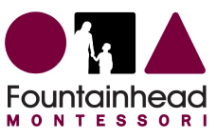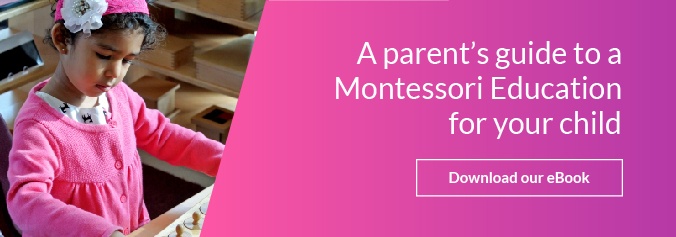Through language, a person is able to organize their thoughts, understand the world around them, and, of course, communicate with others. Children are able to soak up their first language like a sponge because their young minds are eager to know what things are called and they quickly learn that words hold meaning. Immersing young children in a second language classroom while they are learning other values of independence and coordination, allows their brains to become stronger, leading to many positive results. By enrolling your child in a language immersion program, your child will gain 3 major benefits that will stay with them as they grow and learn. The 3 benefits they can acquire are developed problem solving skills, increased concentration, and enhanced literary skills in their first language.
- Problem solving skills: With not only exposure, but immersion in a second language classroom, a child is able to develop organizational skills, making them better at planning their movements and being thoughtful of how to approach and address a problem or activity. When a child first starts the immersion program, they will not understand many words. But they will learn to look for other ways to unpack the puzzle before them, which is instruction in a language they do not understand. They will strengthen their ability to read facial cues and body language and look for context clues before they connect the word with the object or instruction.
- Increased concentration: A student who is immersed in a second language will have to train their ears to hear new sounds and series of sounds that hold meaning in order to process what is being communicated. Language is very powerful because if the meaning of a word is unknown, whether in your first language or subsequent languages, your ears may not even perk up when it is said. But by learning a new word, you may suddenly hear it everywhere, causing your ears to tune in to conversations or on topics you otherwise would have naturally ignored. This awareness of a new language with new cadences and meaning will strengthen a child’s muscle of concentration.
- Enhanced literary skills: Because proficiency and literacy go hand and hand, the increased concentration and focus on the meaning of words, higher literacy rates have been noted in children who have learned a second language at a young age. Many parents are tempted to think that a second language will confuse a young learner and may even disrupt learning in their first language. But this has not been the case when studied. A second language creates a deeper understanding of language itself and opens up a child’s brain to more understanding and communication.
If you are looking for a language immersion program in Northern California, check out Fountainhead Montessori School, particularly our Danville, Orinda, and Pleasant Hill campuses today!












Let us know what you think about this post
Put your Comment Below: